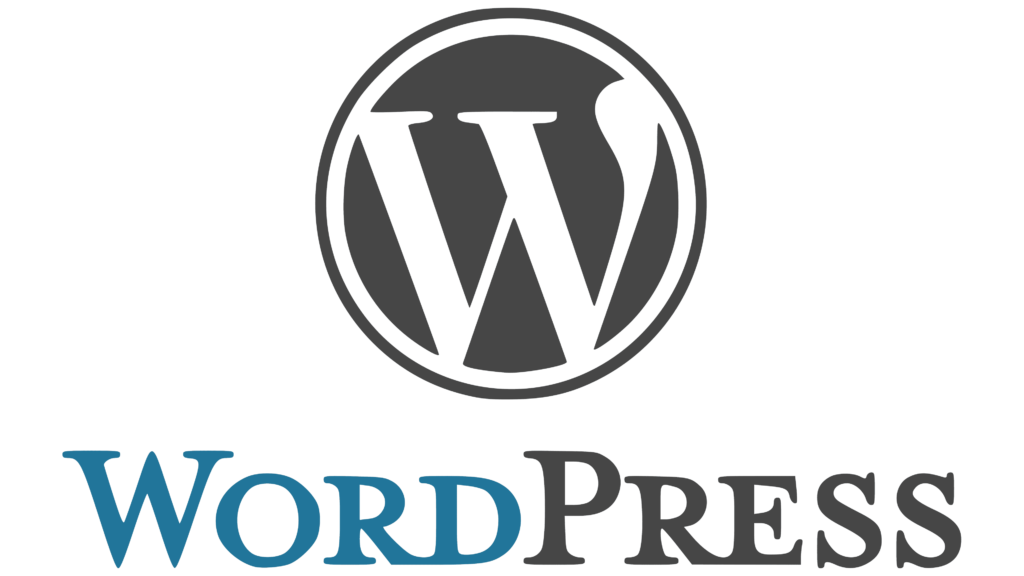
Title: Unlocking New Skills: A Comprehensive Guide in WordPress
One of the worlds most used for Web Development and Design, the WordPress. Emerged as a powerhouse in the world of website creation and content management. Initially launched in 2003 as a simple blogging platform, it has evolved into a versatile and robust content management system (CMS) that powers millions of websites across the globe. In this article, we will explore the various aspects of WordPress, from its origins and key features to its customization options and the vibrant community that surrounds it.
A Brief History of WordPress
WordPress was created by Matt Mullenweg and Mike Little, with the first version released in 2003. The platform was built on the foundation of b2/cafelog and aimed to simplify the process of creating and managing websites. Over the years, WordPress has undergone numerous updates and improvements, transforming into a versatile CMS that caters to a wide range of users, from bloggers to large enterprises.
Key Features of WordPress
a. User-Friendly Interface:
One of its key strengths is the intuitive and user-friendly interface. Users can easily create, edit, and manage content without requiring advanced technical skills.
b. Themes and Templates:
WordPress offers a vast library of themes and templates that allow users to customize the look and feel of their websites. Whether you need a professional business site or a creative portfolio, there’s a theme for every purpose.
c. Plugins for Extended Functionality:
The plugin architecture of WordPress is a game-changer. With thousands of plugins available, users can add a variety of functionalities to their websites, such as SEO optimization, e-commerce capabilities, social media integration, and more.
d. Responsive Design:
In the era of mobile devices, WordPress ensures that websites are responsive and accessible across various screen sizes. This is crucial for providing a seamless user experience.
Customization and Flexibility
WordPress’s flexibility is one of its defining features. Users can easily customize their websites through the WordPress Customizer, allowing changes to colors, fonts, layouts, and more. For those with coding skills, the platform offers full control through custom themes and plugins.
Security Measures
Security is a top priority for WordPress. Regular updates, a vigilant community, and the availability of security plugins contribute to maintaining a secure environment. However, users should also follow best practices, such as using strong passwords and keeping plugins and themes updated.
Community Support
The WordPress community is vibrant and diverse, comprising developers, designers, bloggers, and enthusiasts. Forums, meetups, and WordCamps provide opportunities for knowledge sharing, troubleshooting, and networking. The collaborative spirit of the community has played a significant role in WordPress’s continual growth and improvement.
WordPress for E-Commerce
With the WooCommerce plugin, it has become a popular choice for e-commerce websites. Businesses can set up online stores with ease, leveraging the flexibility and scalability of the platform.
WordPress and SEO
Search engine optimization (SEO) is crucial for online visibility and simplifies the process with built-in features and SEO plugins. Users can optimize content, meta tags, and images to improve their website’s search engine rankings.
Conclusion
As of our final class in training on December 7, we’ve journeyed through the evolution and capabilities of WordPress. It has transcended its origins as a blogging platform to become a versatile and powerful CMS that empowers individuals and businesses to create stunning and functional websites. Its user-friendly interface, extensive customization options, security features, and a supportive community make it an excellent choice for beginners and experienced developers alike. As the digital landscape continues to evolve, WordPress remains at the forefront, adapting and innovating to meet the ever-changing needs of its users.
Facebook Page: https://www.facebook.com/letshenskidesign
Email: shenski27@gmail.com
website: letshenskidesign.online
